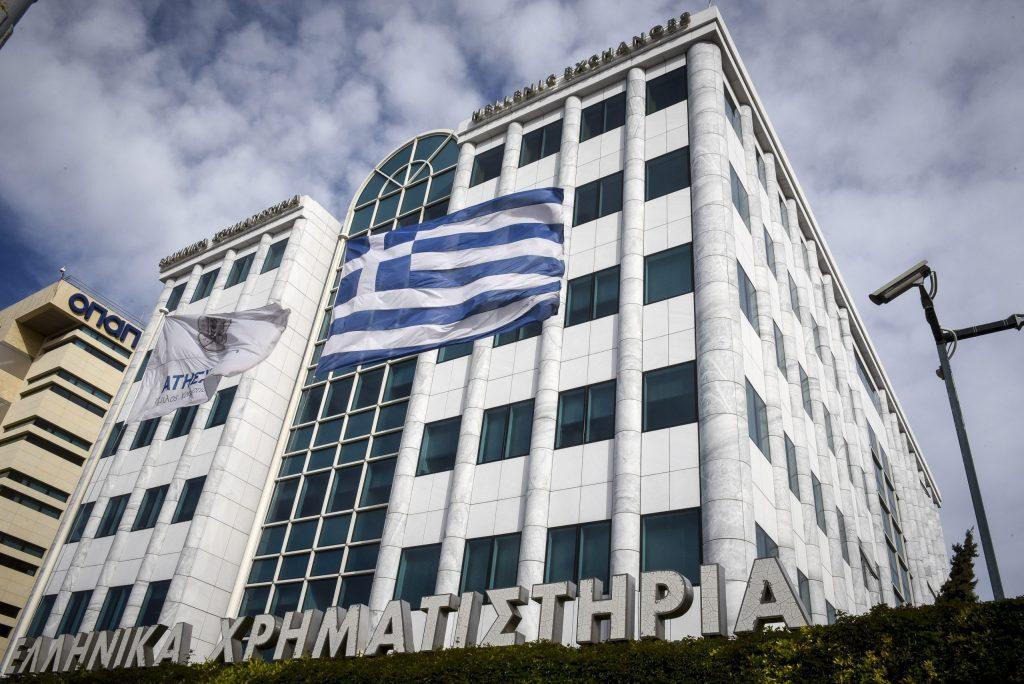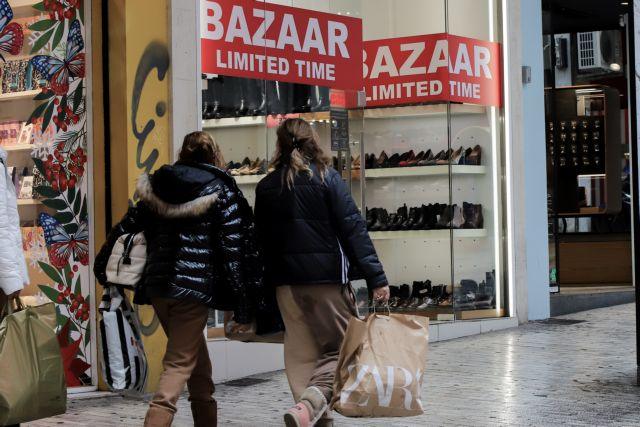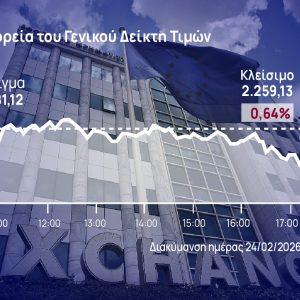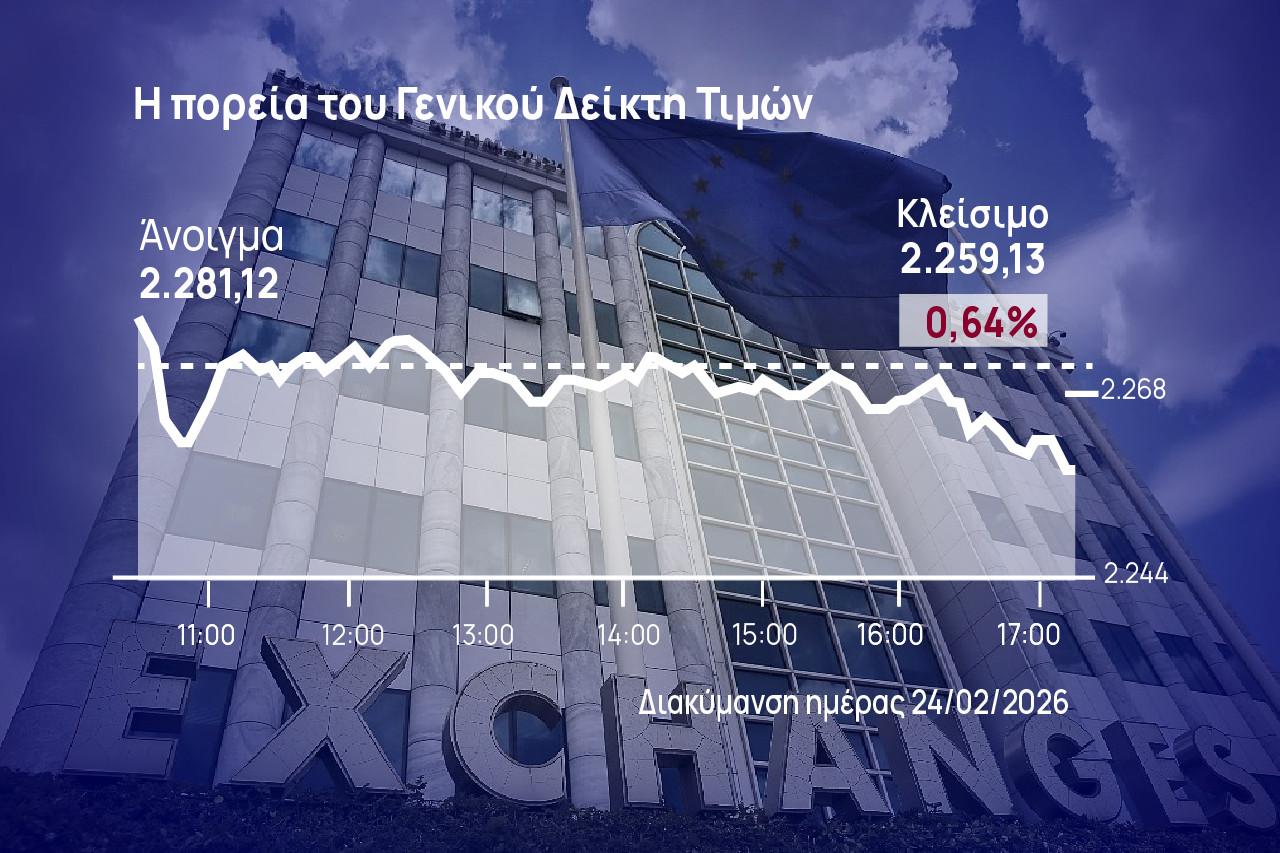The market has been unsettled by a special amendment concerning the revision of the terms of public takeover bids and the conditions for delisting shares, raising fears that it could open Pandora’s box. While institutional interventions appear to support the Euronext–Hellenic Exchanges (ATHEX) deal, the loosening of safeguards could, in the medium term, make it easier— and under less favorable terms for minority shareholders — for other companies, including those with shareholding ties to European giants or even from the banking sector, to be delisted from the stock exchange. Such a development would have implications for the domestic market and, ultimately, for the broader economy.
Alignment
Through this amendment — included in the Ministry of Education’s bill on vocational education — which both the Hellenic Capital Market Commission and the Bank of Greece were reportedly informed about, the government appears to have sought to institutionally support Euronext’s public offer for ATHEX.
Sources at the Ministry of National Economy, however, indicated that in essence this regulation restores the institutional framework that existed before 2014, aligns domestic provisions with EU standards, and generally facilitates cross-border mergers and acquisitions as well as greater integration of European capital markets at a time when the EU is planning the creation of a Savings and Investment Union.
The Legal Framework
Although Law 5237 was published in the Government Gazette on October 13, the relevant provisions — including Article 44, which concerns the capital market — have retroactive effect from October 1. This includes the start, on October 6, of Euronext’s public offer. In this way, interpretative doubts about whether revisions to the terms of a voluntary public offer are permissible are now removed.
Euronext may now, up to five days before the offer’s expiration — at 14:00 on November 17 — freely modify both the exchange ratio of 20-to-1 and the current minimum acceptance threshold of 67%, and not necessarily to “improve” the offer terms.
Interests at Stake
Stephane Boujnah, CEO and Chairman of the Board of Euronext, met with ATHEX employees, making clear that Euronext’s strategic plans are expected to positively influence the interests and business activities of the Athens Exchange operator, while not having adverse effects on employment or employee interests.
Euronext also aims to expand its geographical presence in Greece and, through ATHEX, to establish a financial hub for Southeastern Europe. Boujnah is expected to elaborate further during a press conference on Monday. Sources close to the process suggest that at some stage the acceptance threshold could be lowered from 67% to 50.1% for the public offer to be deemed successful, though the exchange ratio (20:1) is unlikely to change.
The Exception
On the other hand, while until now a 95% voting-right threshold has been required for a company’s delisting from the Stock Exchange or for approving a corporate restructuring, the amendment introduces an exception. Specifically, if, as a result of corporate transformations, shareholders of the absorbed, split, or converted company receive shares listed on a regulated market in Greece or another EU member state, then the 95% threshold would not apply.
Analysts, brokers, legal experts, and market participants fear that the amendment was passed without a thorough examination of its implications, leaving many questions about what follows. For example, could a company now decide, with 66.7% of votes rather than 95%, to merge through a share exchange and delist as a result of its new shareholding structure? Could a company, from its first general meeting with a 50.1% quorum, if 66.7% of those present approve, be transformed and thus delisted from the Greek stock exchange? Or even if, in a second general meeting, only 20% of shares are represented and 66.7% of those approve, would the result be the same?
Growing Concerns
Considering the shareholder structures of banks or major companies such as OTE Group, which have a wide base of small shareholders, many in the market are increasingly alarmed — particularly about the possibility of special shareholding arrangements being created with companies listed, for instance, in Cyprus.
Euronext (ENX Paris), as a listed company in an EU member state, can now, under the new framework, more easily achieve the delisting of ATHEX from the Greek stock exchange. Although this is reportedly not an immediate objective (and the amendment even came as a surprise to Euronext), its move reflects a strategic decision aimed at creating a more integrated and competitive European capital market, consistent with the vision of a European Savings and Investment Union.
However, some market observers argue that Greece should not rush into this process of European market unification when larger economies are acting more cautiously — especially at a time when the domestic ecosystem of asset managers, brokerage firms, and underwriters risks shrinking, and when many small and medium-sized Greek companies entering a network of over 1,800 listed entities could remain marginal in terms of trading activity.
Shareholder Changes
Under the new regulations, ATHEX’s widely dispersed shareholding structure — with Praude Asset Management being the largest shareholder at 7.4% as of end-September, the only one above 5% — no longer plays the same role. Numerous international funds and foreign institutional investors increased their stakes, holding 42.8% at end-September (up from 35.9% in June). Domestic institutional investors control 19.9% (up from 18.7%), while domestic individual investors (retail shareholders) reduced their holdings to 23.9% (from 32.9%). Greek banks maintain a steady 5.6%, exchange members hold 1.9%, the management team 0.2%, other Greek investors 2.2%, and treasury shares account for 4.1%.
The Offer Price
Finally, the board of Hellenic Exchanges, in its reasoned opinion on Euronext’s voluntary public offer, judged that it is in the interest of the company and its shareholders. The offer price — 20 ATHEX shares for 1 Euronext share — was deemed fair and reasonable from a financial perspective for shareholders.
The financial advisor’s report (AXIA Ventures Group Limited) concluded that a fair exchange range would be between 18.10 and 21.12 ATHEX shares per 1 Euronext share, encompassing the 20:1 ratio of the offer, thus characterizing it as fair and equitable.
Source: tovima.com
































![Beta Securities: Σε φάση επέκτασης οι ελληνικές τράπεζες – Τι σηματοδοτεί το 2026 [Πίνακες]](https://www.ot.gr/wp-content/uploads/2026/01/ot_banks_2025-1024x600-1-1-1-1.jpg)



![e-ΕΦΚΑ: Πώς θα παραμείνουν ασφαλιστικά «καλυμμένοι» οι αγρότες [πίνακας]](https://www.ot.gr/wp-content/uploads/2024/12/ot_agrotis_sitari.png)





